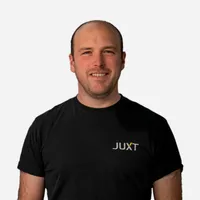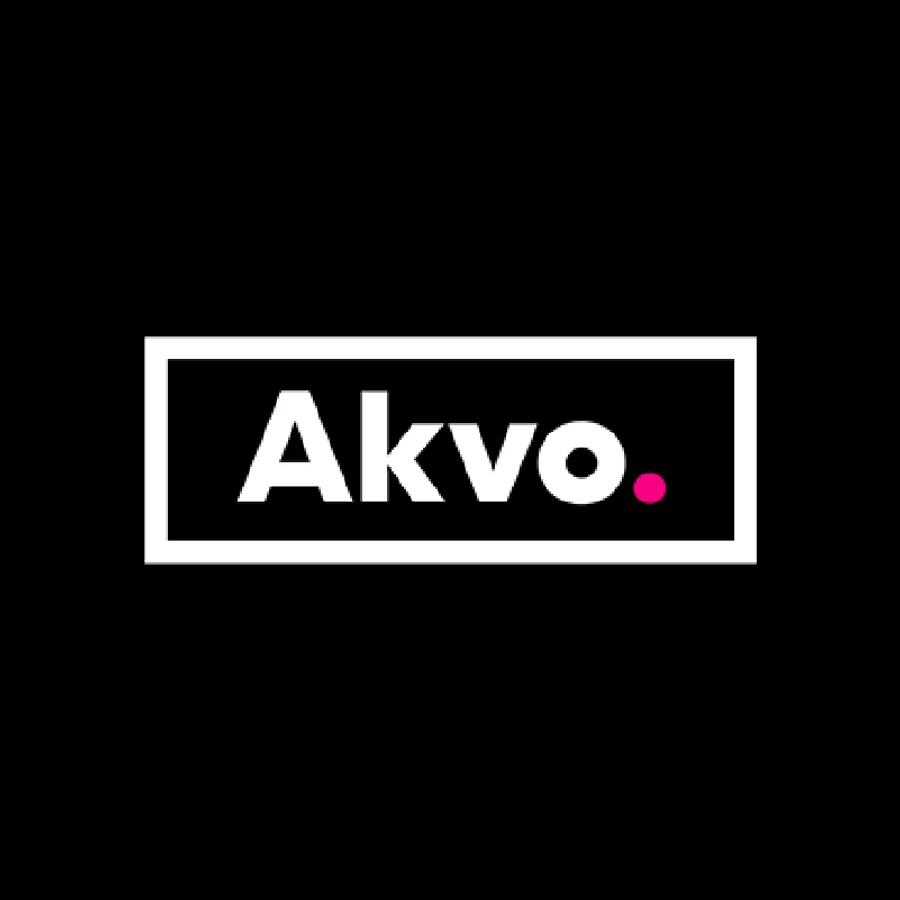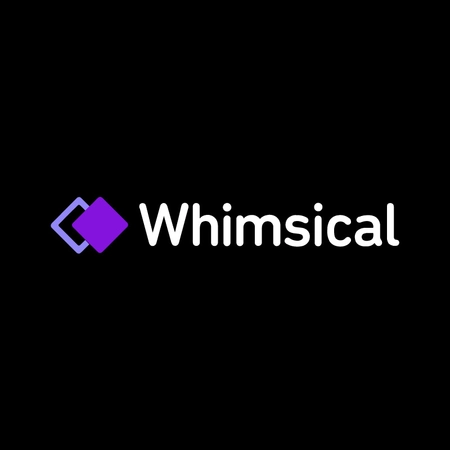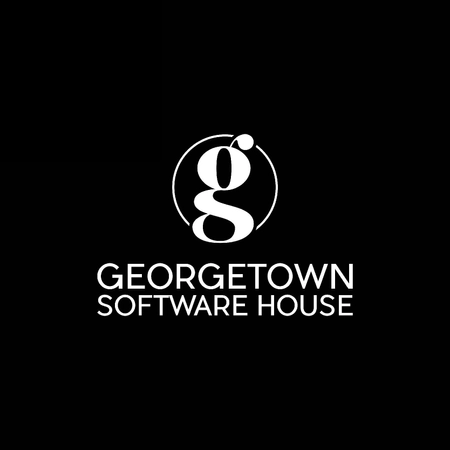A Multi-National Delivering Aid
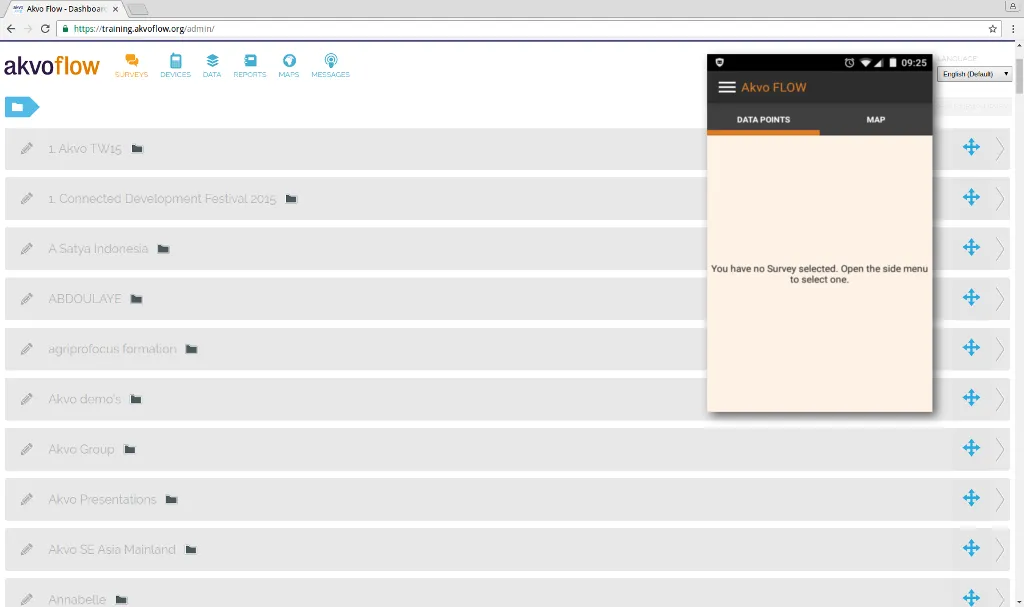
Akvo is an international not-for-profit, not-for-loss organization with headquarters in the Netherlands. They use government grants to develop and enhance tools that are used in 60+ countries around the world to help the distribution and governance of aid. They open-source their software every step of the way.
Akvo flow is a mobile application that helps users to quickly map out developing situations on the ground, for example to collate the locations of water pumps in relation to villages. Prior to more sophisticated tools the gathering of data was traditionally achieved using a pen, paper and camera. Now the job can be done using a smartphone that has GPS, an in-built camera, and reliable data synchronisation to a remote platform.
All of this data is fed back into a centralised reporting system that allows overseers to make better decisions on where to co-ordinate aid, and to track the impact that existing aid is having.
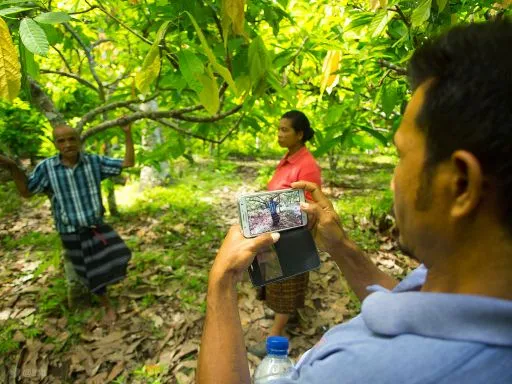
I caught up with Iván Perdomo, a developer at Akvo who introduced Clojure. He resides in Pamplona Spain and our interview coincided with the city’s annual bull festival. He was wisely staying off the streets.
The company
Jon: How many developers work at Akvo and how are they spread across Europe?
Iván: We have around 20 people living in Finland, Sweden, the UK, the Netherlands and Spain (Barcelona and Pamplona). We also have a Bangalore office running Akvo Caddisfly, a project to analyze photos of water in an attempt to diagnose what level of fluoride the water has.
The organization started off by being distributed. One co-founder is in the Netherlands (the Hague) and the other is in Sweden. The mantra of the company is that it doesn’t matter where you live if you’re the right person. We’ve got small clumps of people spread all over.

The history of Clojure at Akvo
Jon: When did you join and why?
Iván: Akvo is a non-profit organization that builds open source software, this is the first thing that attracted me. I joined in Autumn 2012.
Jon: How did Clojure get started at Akvo?
Iván: In May 2013 we decided that we needed to break up a Java based monolith that was running on Google App engine.
We identified some Java code we could prise away into a different service and I wrapped this Java code in a HTTP layer built using Clojure. It was 2 weeks of budget, but now the service has been running ever since. This is Akvo Flow Services, our first Clojure experience.
Jon: Why Clojure in particular?
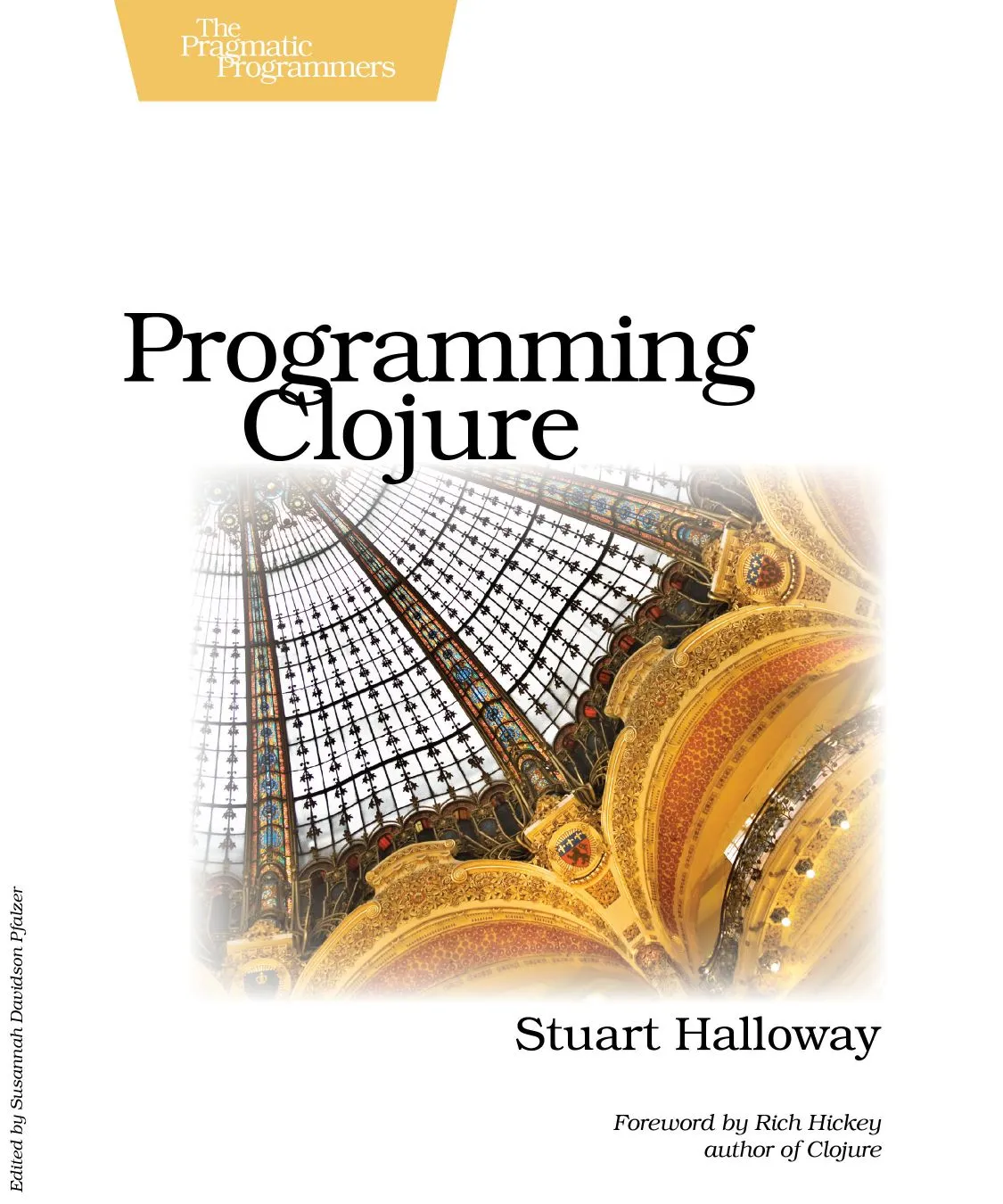
Iván: I started looking at Clojure in 2011 - I wanted to learn something different to Java and JavaScript. I bought the first book - Programming clojure by Stuart Halloway and liked what I saw. I watched and re-watched Rich’s talks.
What impresses me about Clojure is the foundation of Immutability - never changing the values. We do not need to be concerned if we pass a data-structure around and it gets modified, this is something that has bit me often pre-Clojure.
I’ve been to all the EuroClojures and now I’m trying now to setup a functional programming meet-up in the small city of Pamplona where I live.
Jon: How has Akvo progressed with Clojure?
In 2014 we started to look at broadening our range of products and the underlying architecture. We decided that instead of building everything using loosely coupled APIs communicating with each other using HTTP, we would go down the event sourced route instead.
Now we have systems that publish events to a central place - a central store of events. The usual approach here is to use Kafka, but for us as a small team we went for a slimmed down and lightweight PostgreSQL db version instead. We expose a HTTP layer on top so that any system can post events to a given topic. A consumer can then connect to the DB and read events.
We have written our event consumers in Clojure. One consumer transforms the data and pushes it to a self-hosted CartoDB installation (a Geographical Information System), another takes the data and normalizes it for reporting purposes.

Introducing Clojure
Jon: I think you’re probably unique in introducing Clojure to a completely distributed organization, what’s that been like?
Iván: I tried to introduce CLJ to my last organization and failed. My take now is that it takes a lot of effort to share your enthusiastic view, and it takes an extra effort to share the ideas behind Clojure and of the underlying mechanics. Why is Clojure better or different to Java? We have to focus on the advantages for this effort to be a success.
Instead of focusing on low level details focus on the big ideas, focus on the whys and not the hows.

Upskilling
Jon: How did you go about training people up?
Iván: On Fridays I ran some remote Clojure sessions - I opened up a REPL and shared my screen, explaining what the code did that powered our services. This got some traction. We now run more generic learning sessions on Thursdays.
For senior people it’s more of a challenge to onboard people into Clojure. As a senior dev you may have to change your mindset, and even change your editor in some cases.
To help with this I do lots of screen sharing - advising and helping developers to improve their code and to reduce verbosity (see this code here, let me explain what I did here that’s similar using some core functions). I like to walk people through the code.
Jon: How many Clojure devs have you got now?
Iván: We have five Clojure devs working in total. After seeing the joy of working with Clojure there are now more people interested.
Hiring
Jon: Have you tried to hire for Clojure devs?
Iván: We’ve had developers seek out and join Akvo because of our open source work and Clojure. One example is Jonas the developer behind the lint tool Eastwood.
The Clojure future?

Jon: What’s the future for Clojure at Akvo?
Iván: Recently we’ve built a new data visualization platform - Akvo Lumen. It’s got Clojure on the back-end and React.js on the front-end.
With Lumen we will able to go faster and produce good quality software because of Clojure. This is a measure of the tech but also, a project succeeds or fail depending on people being happy. Projects are successful when developers enjoy what they do and put everything in to make it succeed.
In less than 3 months we got a new MVP up and running - we made good architectural decisions but our users also saw visible progress. The founders are really interested and happy.
It takes the right people with the right motivation and the right tools to make a project succeed.

State of Clojure
Jon: A standard question I always ask, what’s the state of Clojure like in your area, in this case Pamplona in Spain?
Iván: In Spain it’s still niche - although three weeks ago there was a software craftmanship event in Pamplona with a session in Clojure and Scala. In northern Europe Clojure is more accepted.
Jon: Anything that excites you in the development of Clojure itself?
Iván: I’m quite excited about Clojure.spec. I’ve written some spec like functions and will move to Spec when it’s more readily available.
Technologies

Jon: Any particular technologies you’d like to give a shout out to?
Iván: OpenID Connect and Keycloak as an implementation of that. I have written an example Ring web app served with Immutant secured with Keycloak.
